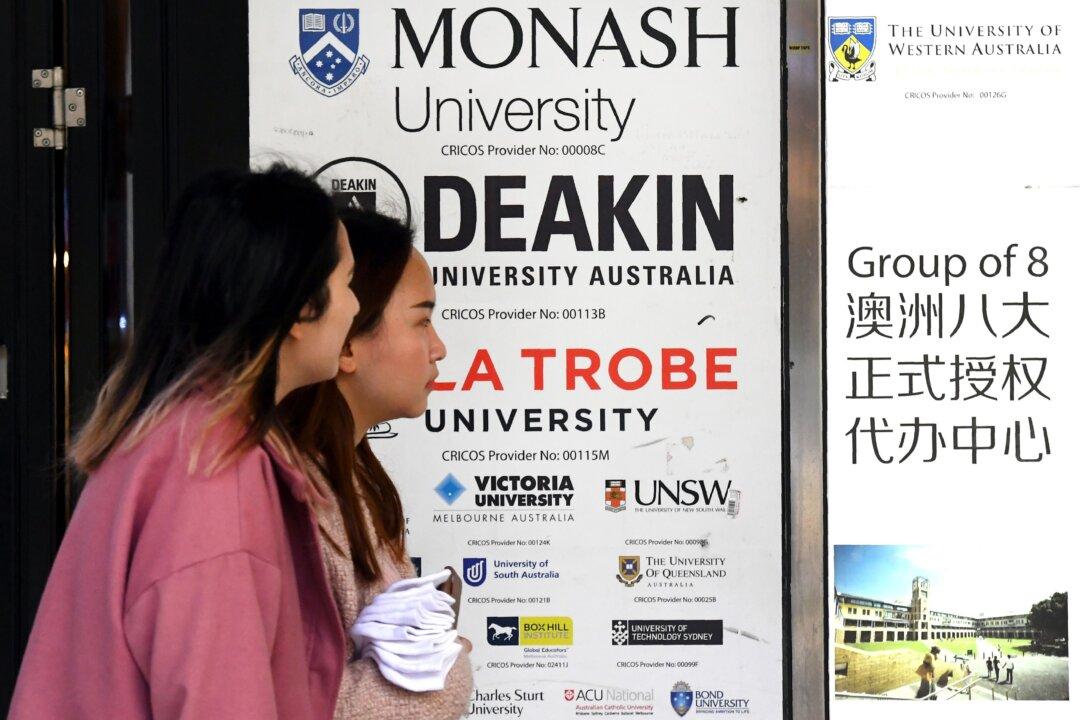Australians who discuss or protest Hong Kong’s political situation could be arrested if they enter Hong Kong, under an obscure section of the draconian National Security Law Beijing imposed on the once-autonomous city.
Article 38 of the National Security Law states that “offences under this law committed against the Hong Kong Special Administrative Region from outside the region by a person who is not a permanent resident of the region” can be prosecuted.




